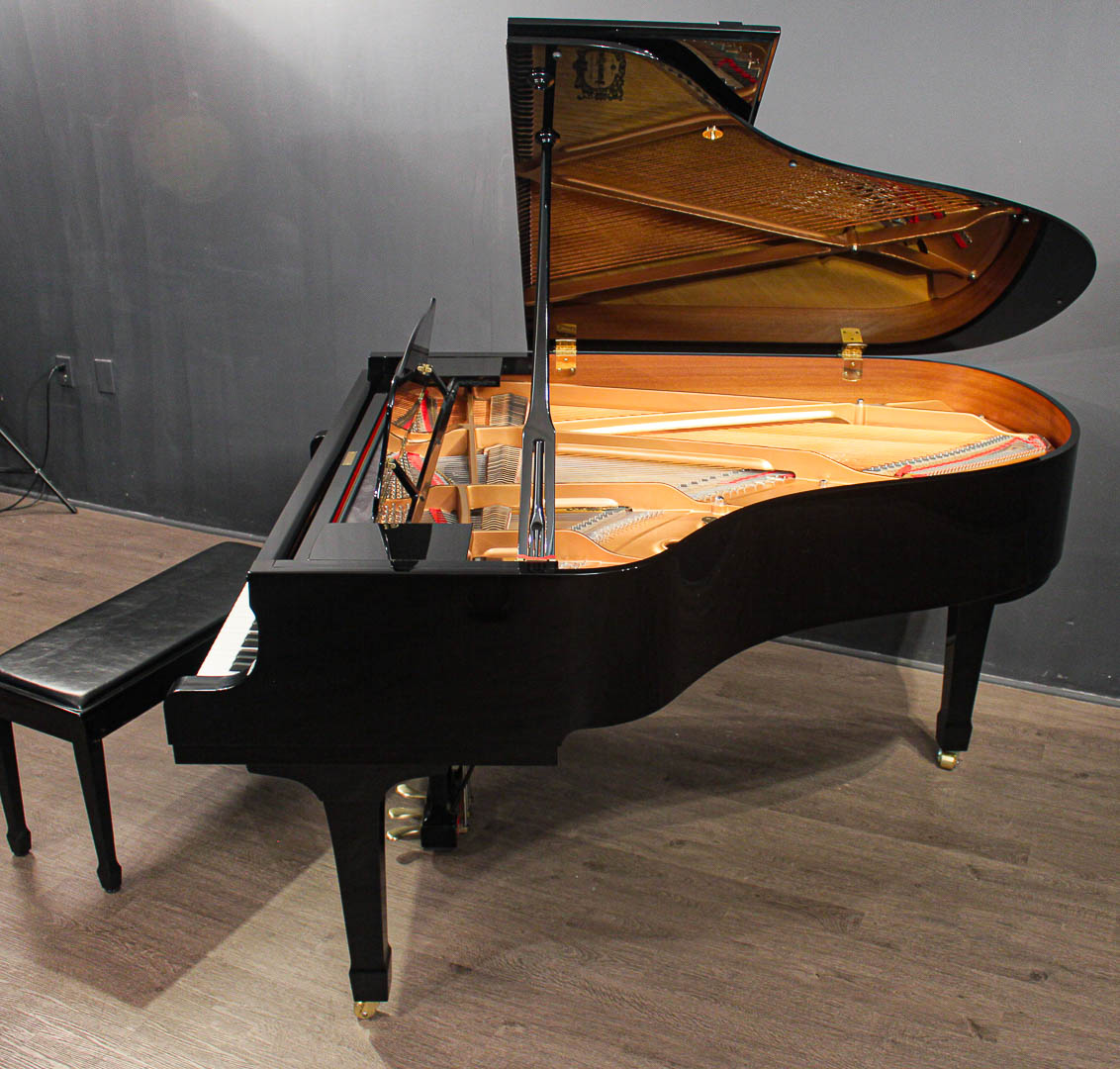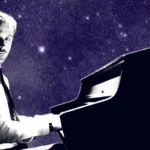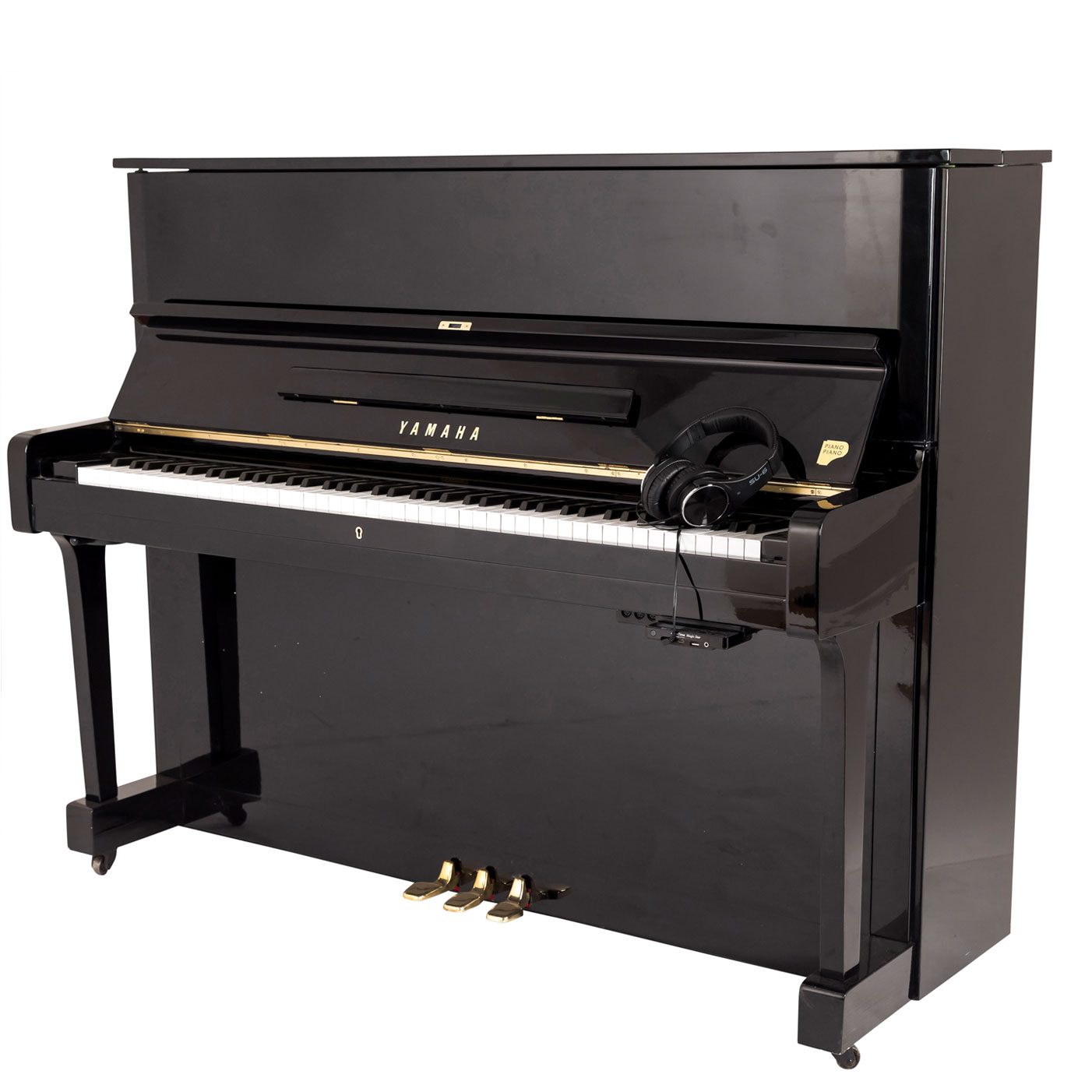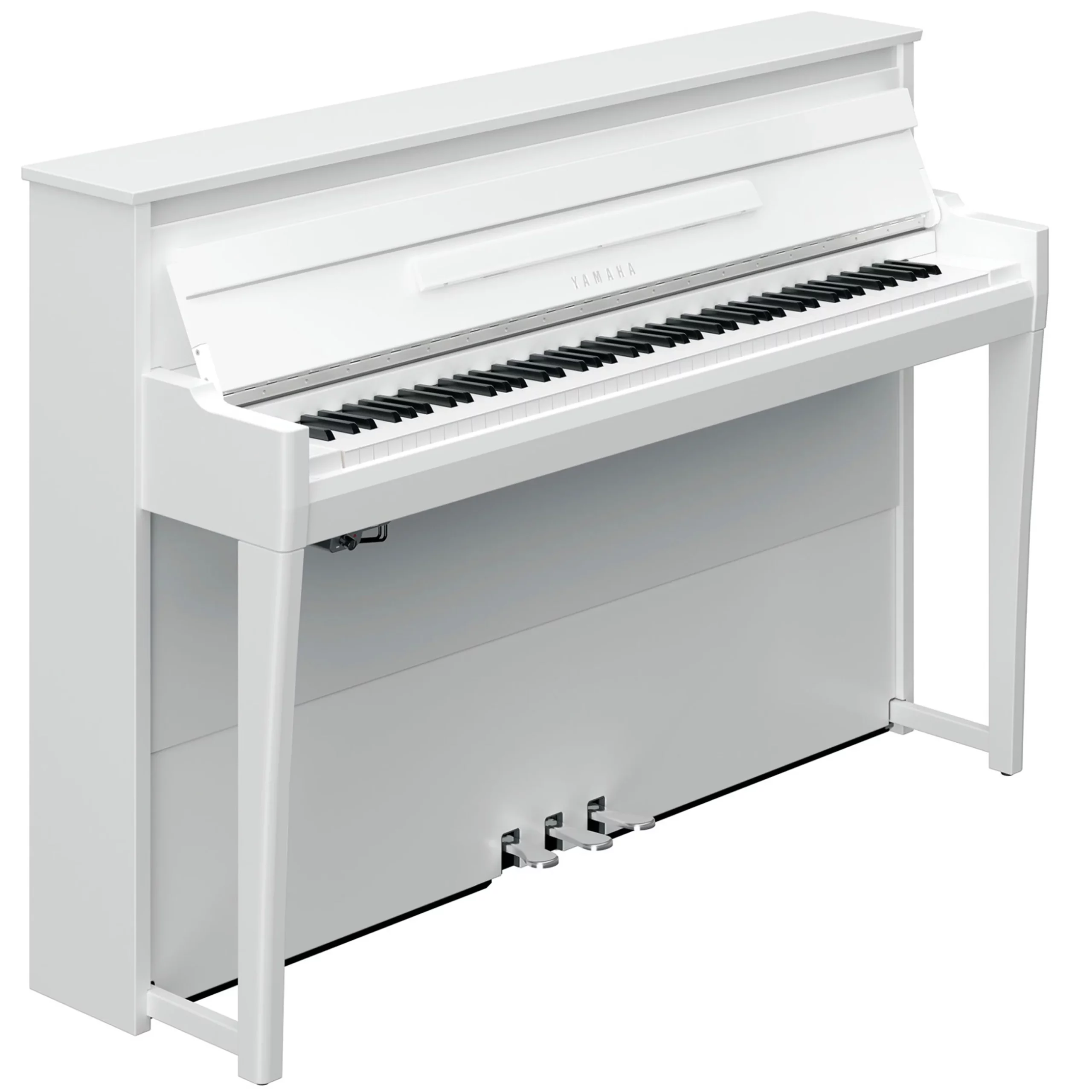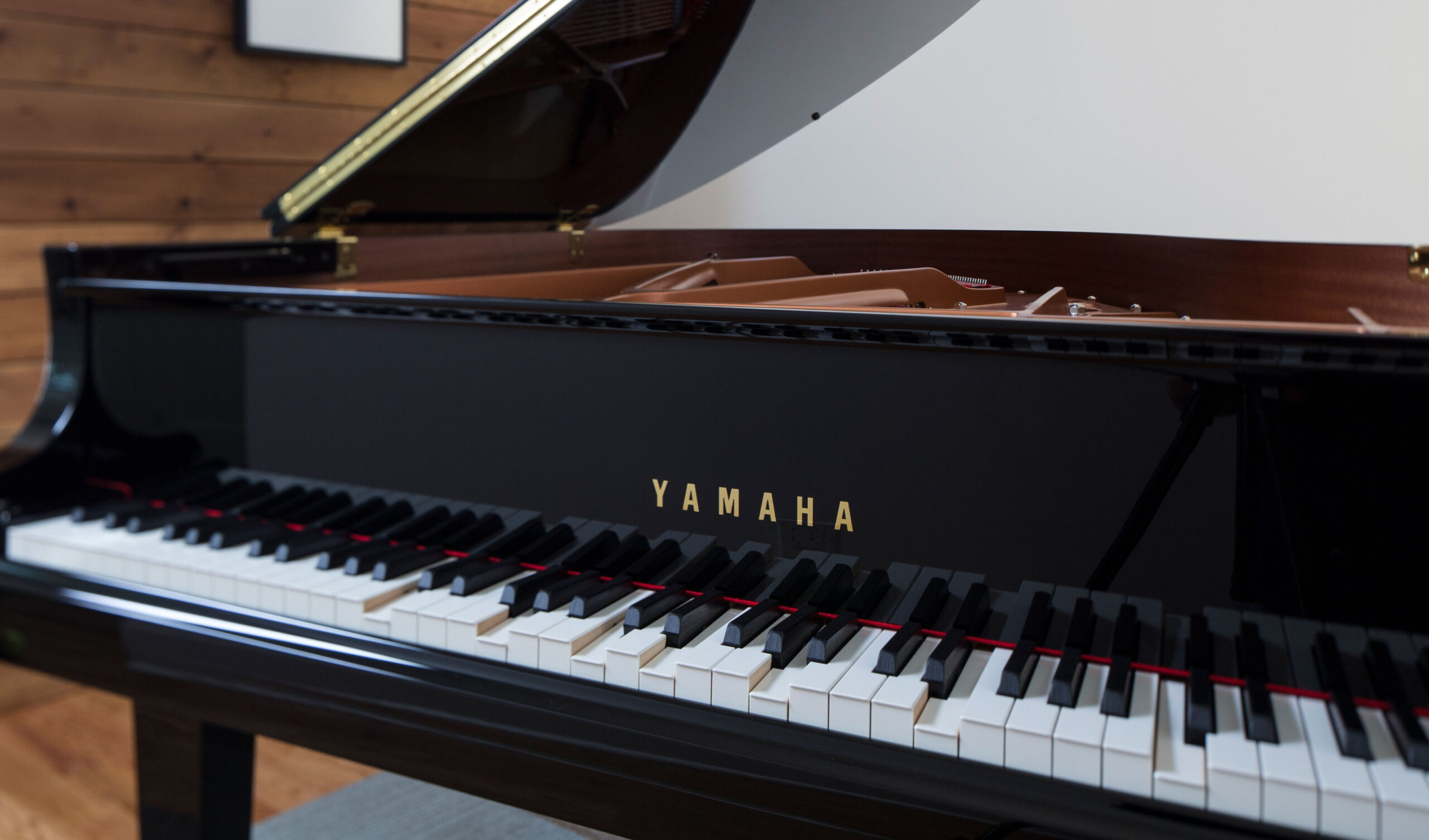Who invented the piano? It’s a question that has been asked and debated for centuries. As a music enthusiast, I have always been curious about the origins of this beautiful instrument. And after years of researching and studying the topic, I am excited to finally share with you all the fascinating history behind the invention of the piano.
In this article, we will delve into who exactly is credited with inventing the piano, how it evolved from other keyboard instruments, and what impact it had on music as we know it today. So if you’re ready to take a journey through time and uncover the mystery behind one of humanity’s greatest musical achievements – let’s get started!
So, who invented the piano?
The piano was invented by Bartolomeo Cristofori, an Italian instrument maker in the early 1700s. He was a skilled craftsman who worked for the Medici family in Florence, Italy. While he is credited with inventing the modern piano, it is believed that he drew inspiration from other keyboard instruments such as the clavichord and harpsichord.
Cristofori’s invention of the piano was a significant development in music history as it allowed for greater dynamic range and expression compared to its predecessors. The earliest versions of his pianos were called “pianoforte” which means “soft-loud” in Italian, referring to its ability to produce both soft and loud sounds depending on how hard one pressed down on the keys.
Over time, Cristofori’s design evolved into what we know today as the grand or upright piano. This instrument quickly gained popularity among musicians and composers due to its versatility and expressive capabilities.
Today, pianos are found all over the world in homes, concert halls, and recording studios. They have become an integral part of many musical genres and continue to be a beloved instrument for musicians of all levels. It’s fascinating to think that this iconic instrument has roots dating back centuries ago thanks to Bartolomeo Cristofori’s innovative mind.
The Genius Behind the Piano’s Invention: Bartolomeo Cristofori
The name Bartolomeo Cristofori might not ring a bell for most, but his ingenious invention echoes through time and space. Born in Italy around the year 1655, Cristofori was fascinated by music from an early age. A true genius with a passion for sound and mechanics, he is credited as the inventor of none other than the piano. This creation has left an indelible mark on our world’s history of music.
Cristofori’s invention revolutionized how musicians could express themselves. Let us delve into some remarkable aspects:
- Mechanical Marvel: Unlike its predecessor – the harpsichord which plucks strings, Cristofori’s new instrument had hammers that struck strings when keys were pressed.
- Variety in Sound: He ingeniously engineered it to allow players control over volume based on how hard or soft they played notes—this subtlety was revolutionary!
- Persistence: Despite facing initial resistance due to changes his design brought about in keyboard playing techniques, Bartolomeo persisted till acceptance grew.
Without doubt, this mechanism marked a significant milestone along the pathway of musical evolution —all thanks to Bartolomeo Cristofori. The piano has been instrumental (pun intended) in shaping numerous genres like classical symphonies and jazz improvisations ever since its birth at the hands of this Italian genius.
Music enthusiasts globally owe much gratitude towards him for gifting such an impactful innovation!
Exploring Earlier Keyboard Instruments that Inspired the Piano
Beyond the scope of our everyday musical encounters, lies a rich tapestry of history filled with instruments that helped shape the beautiful sounds we know and love today. Among these are the keyboard instruments that predated and inspired what many consider to be the king of musical instruments: the piano. Let’s embark on an exciting journey into time as we delve deeper into two such fascinating forerunners.
First up is a plucked-string instrument known as the harpsichord. With origins dating back to around 1400, this grand ancestor added depth and resonance to music during the Renaissance and Baroque periods. The harpsichord produces sound when its keys trigger a mechanism which plucks strings inside its wooden body. This simple yet ingenious design offered expressive tonal qualities but lacked in dynamics – you couldn’t play ‘loud’ or ‘soft’. Now let’s step forward in time slightly to meet another relative.
Enter the clavichord, famed for its delicate whispering tones appreciated much by solo performers within intimate settings. Unlike its predecessor, it was capable of producing variable volumes depending upon how hard or soft one pressed down upon its keys – thanks largely due to metal tangents striking against string rather than just merely plucking them.
- The harpsichord represents an era where ornate complexity met technical brilliance,
- The clavichord reflects intricate subtlety combined with emotional expressivity.
These earlier keyboard instruments not only shaped music history but also paved way for evolution towards our beloved modern-day piano – continuing their legacy through every note played today.
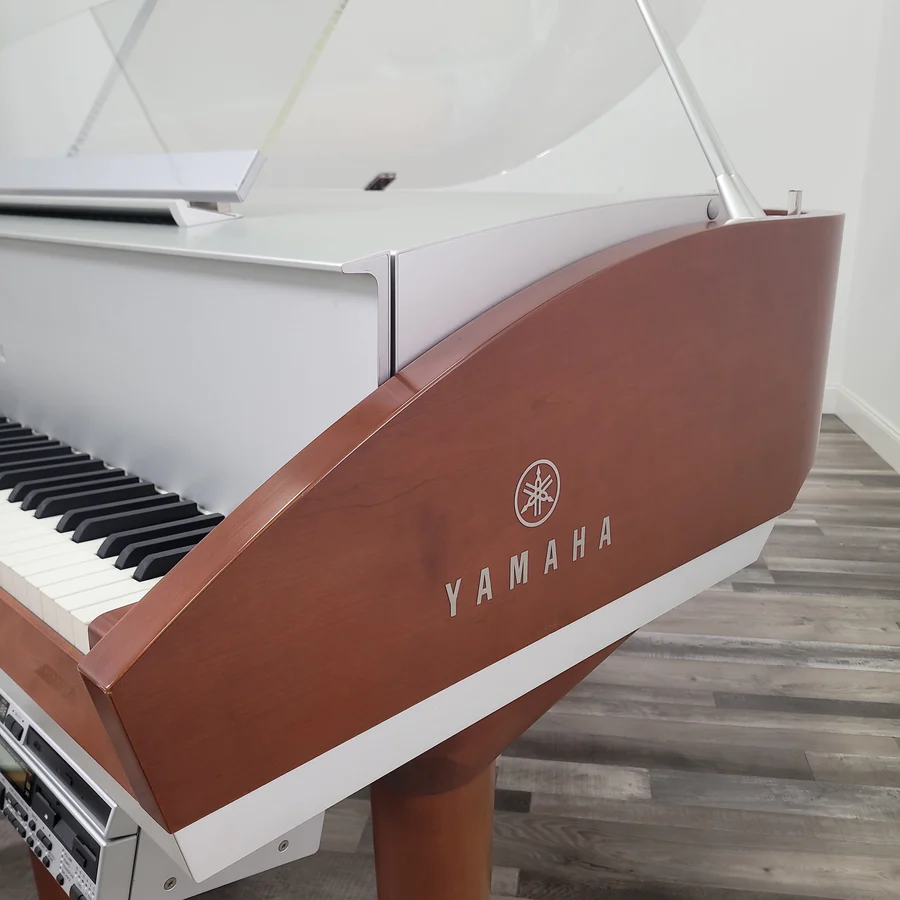 How Did The Invention of The Piano Influence Classical Music?
How Did The Invention of The Piano Influence Classical Music?
Read also: does ashley williams play the piano
Understanding the Evolution and Advancement of the Piano Design Over Centuries
The captivating journey of the piano’s design evolution spans over centuries, revealing a rich history of creative ingenuity and technological advancements. The earliest iteration of this majestic instrument was created around the 1700s by Italian inventor Bartolomeo Cristofori. This early model – known as ‘gravicembalo col piano e forte’, meaning ‘harpsichord with soft and loud’ – looked significantly different to what we’re familiar with today. It had thinner strings, was more compact in size, and lacked the broad dynamic range that modern pianos possess.
Over time, these initial designs paved way for remarkable changes.
- The Industrial Revolution (1760 to 1840): During this era, improvements in iron-casting technologies made it possible for stronger frames to be built into pianos. These heavier frames could support thicker strings which resulted in an enhanced volume output.
- The Romantic Period (1800-1850): Pianos took on a grander appearance during this period with longer keyboard ranges and cast iron plates being added.
- Late 19th Century: Upright pianos started gaining popularity due to their space-saving design suited for smaller homes.
Fast forward to the present day – digital technology has redefined how we perceive & play pianos. Today’s digital models offer myriad features such as headphone compatibility for private practice sessions; adjustable sounds from various piano types; connectivity options designed for recording or composing music digitally etc., all while retaining an elegant aesthetic reminiscent of its historical roots.
Through every epochal shift in musical taste or technical possibility, one truth stays constant – Piano’s enduring charm lies not just in its sound but also in its ever-evolving design!
How Did The Invention of The Piano Influence Classical Music?
The introduction of the piano in the 18th century played a significant role in transforming the landscape of classical music. Before this time, composers were somewhat limited in their expression due to constraints posed by available instruments like harpsichords and clavichords. These instruments lacked dynamic range – they could not shift easily from soft to loud notes. When Bartolomeo Cristofori invented the piano around 1700, it was a game changer for music composition.
- The piano’s ability to play both soft and loud sounds added depth and emotional intensity to musical pieces.
- Its wider range allowed more intricate compositions, expanding on what was formerly achievable.
- Pianos also offered an extended harmonic potential which sparked innovation among composers.
Since its advent, many famous classical composers such as Mozart, Beethoven, and Chopin have used the piano extensively to create some of their most renowned works. The instrument became integral in universities and conservatories where students learnt about harmony, melody, rhythm and other foundational aspects of music theory primarily through it. In summation: without this versatile instrument, we wouldn’t have many masterpieces that are now considered cornerstones of classical music repertoire! So indeed – just like how every note adds meaning to a melody – each key invention shapes history; especially so with our beloved black-and-white-keyed friend.
You may also like: is yamaha piano and motorcycle same company
Piano’s Contribution to Modern Music and its Continued Relevance Today
The piano’s contribution to modern music is akin to the backbone of a majestic creature, providing the essential structure that shapes its form and function. This intriguing instrument has been steering the course of music for hundreds of years, and yet it remains crucially relevant in today’s auditory art scene. In every era, from classical symphonies to jazz improvisations to contemporary pop ballads, you’ll find traces woven by piano‘s expressive fingers. Beethoven’s dramatic sonatas or Alicia Keys’ soulful crescendos are testament enough.
In spite of our digital age filled with synthesized sounds and auto tunes, the piano continues holding its spot high up on the musical Olympus. Its timeless appeal lies not just in its tonal range capable of mimicking an entire orchestra but also in its unique ability to connect directly with human emotions – drawing smiles or coaxing tears as deft fingers dance over ivory keys.
- The rich heritage: Many legendary artists have used this wonderful instrument as their creative canvas.
- Its versatility: Whether you’re crafting a gentle lullaby or powering through an energizing rock anthem, your trusty ‘pianoforte’ can do it all.
- Lasting legacy: Pianos continue being integral parts both of formal music education and spontaneous jam sessions around the world.
Candidly speaking, without pianos, imagining our melodic landscape would be like trying to envision a sky devoid of stars — technically possible but oddly empty.
Concluding Thoughts: Appreciating the Rich History of the Piano
Exploring the depth and richness of piano history can leave one in awe. This dynamic instrument, which made its first appearance in Europe during the early 18th century, has been gracing our world with beautiful music ever since. Crafted meticulously, each key on this magnificent musical device opens up a door to new melodies and harmonies. Not only did it revolutionize music by providing an unprecedented range of tonal expression, but its influence also stretched into social spheres – becoming a status symbol for many households across the globe.
The evolution of pianos over centuries is fascinating. What started as Bartolomeo Cristofori’s simple yet ingenious design transformed through continuous innovation by passionate craftsmen from different eras.
- The Harpsichord era piano designed in Italy was known for its unique plucking mechanism.
- The Forte Piano, birthed during the 19th century, brought softer sounds creating striking contrasts within compositions.
- Pianoforte, more commonly known today as just ‘piano’, introduced us to nuanced dynamics making it a staple in both solo performances and orchestral ensembles.
Each transformation not only altered how pianos were played but also molded our perception towards music itself. We will always be indebted to this incredible instrument that continues to enrich lives with its profound versatility and captivating charm. To appreciate fully the rich history of piano means acknowledging every craftsman’s contribution while cherishing those melodious moments it has given us.

